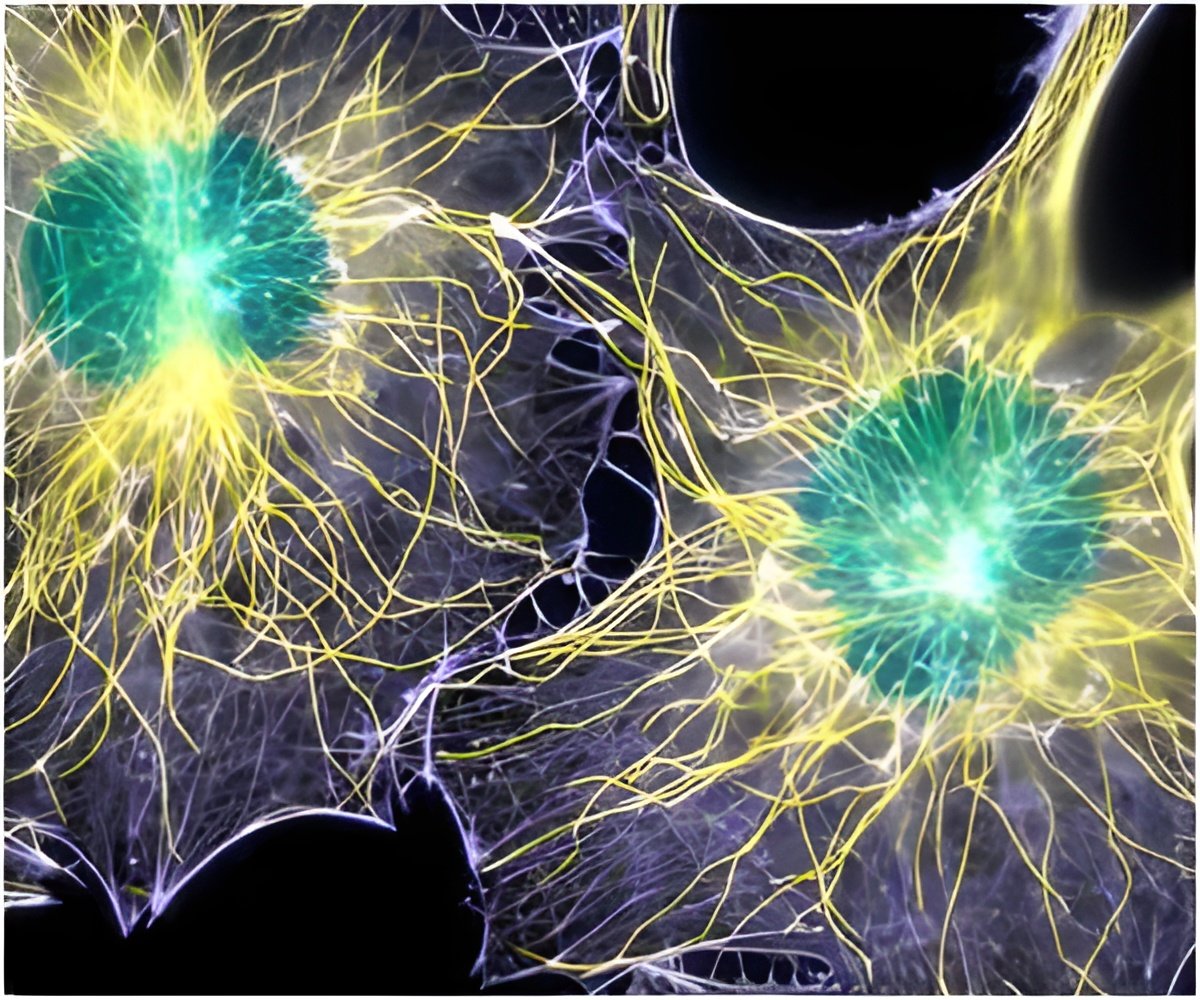Baicalin is a type of flavonoid extracted from the dried root of Scutellaria baicalensis georgi. It has been shown to effectively inhibit cell apoptosis.
Baicalin is a type of flavonoid extracted from the dried root of Scutellaria baicalensis georgi. It has been shown to effectively inhibit cell apoptosis. Colistin sulfate, a cyclic cationic polypeptide antibiotic, has been shown to have renal and neurological side effects.
Dr. Hong Jiang and colleagues from Northeast Agricultural University assumed that baicalin would suppress colistin sulfate-induced neuronal apoptosis. In a study by Jiang et al, PC12 cells were pretreated with baicalin (25, 50 and 100 μg/mL), and exposed to 125 μg/mL colistin sulfate. Cell morphology markedly changed, and cell viability increased. Moreover, caspase-3 activity, lactate dehydrogenase level and free radical content decreased. Experimental results indicated that baicalin inhibited colistin sulfate-induced PC12 cell apoptosis by suppressing free radical injury, and reducing caspase-3 activity and lactate dehydrogenase activity. These findings are published in the
Neural Regeneration Research (Vol. 8, No. 28, 2013).
Source-Eurekalert
